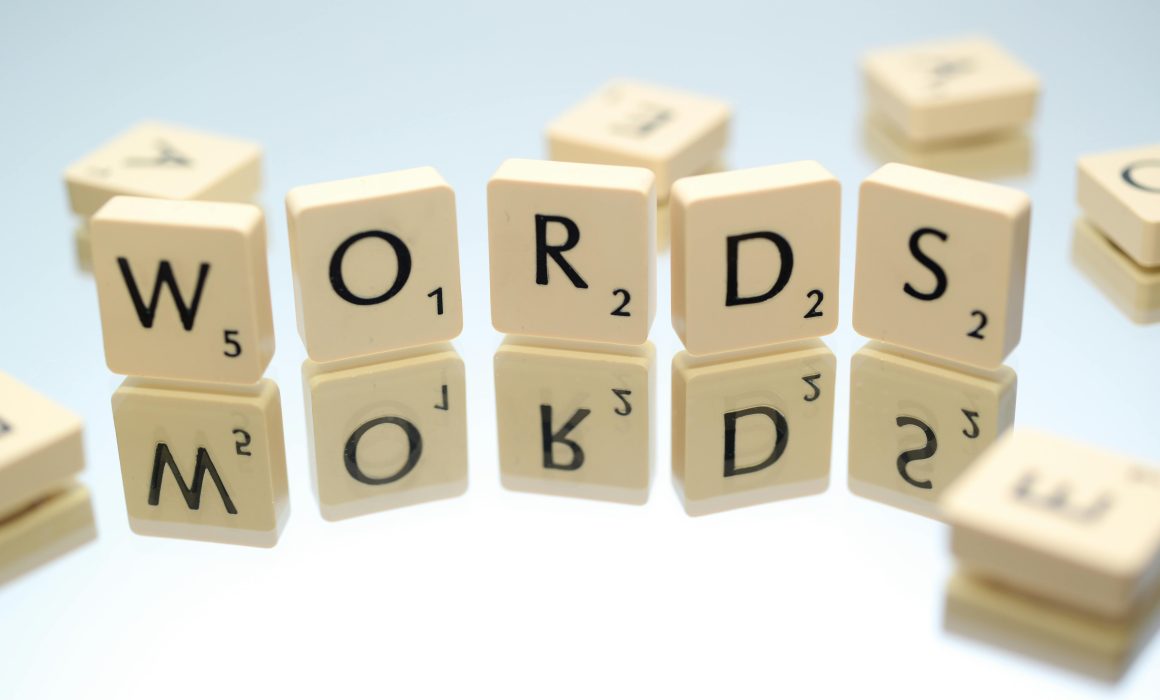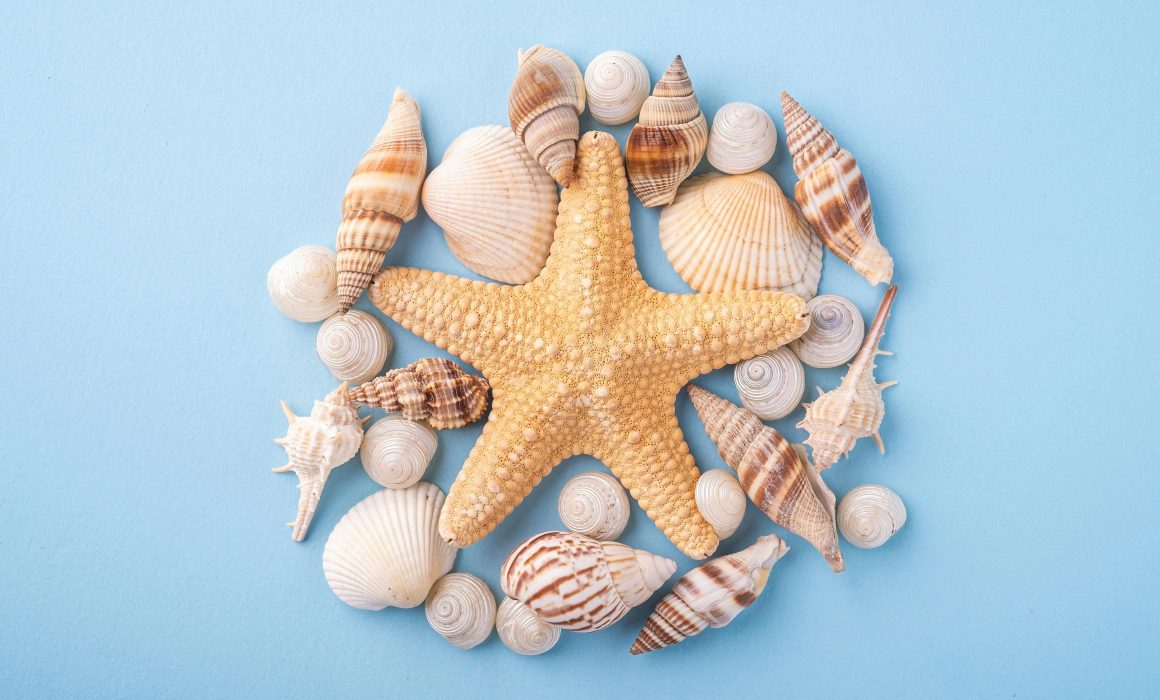In this video, you’ll learn essential French vocabulary for fruits!
From common fruits like la pomme (apple) and la banane (banana) to more exotic ones like la mangue (mango) and l’ananas (pineapple), we’ve got you covered.
We’ll provide pronunciation tips and examples to help you talk about fruits confidently in French.
Whether you’re a beginner or just looking to expand your vocabulary, this video will help you master fruit names in French!













